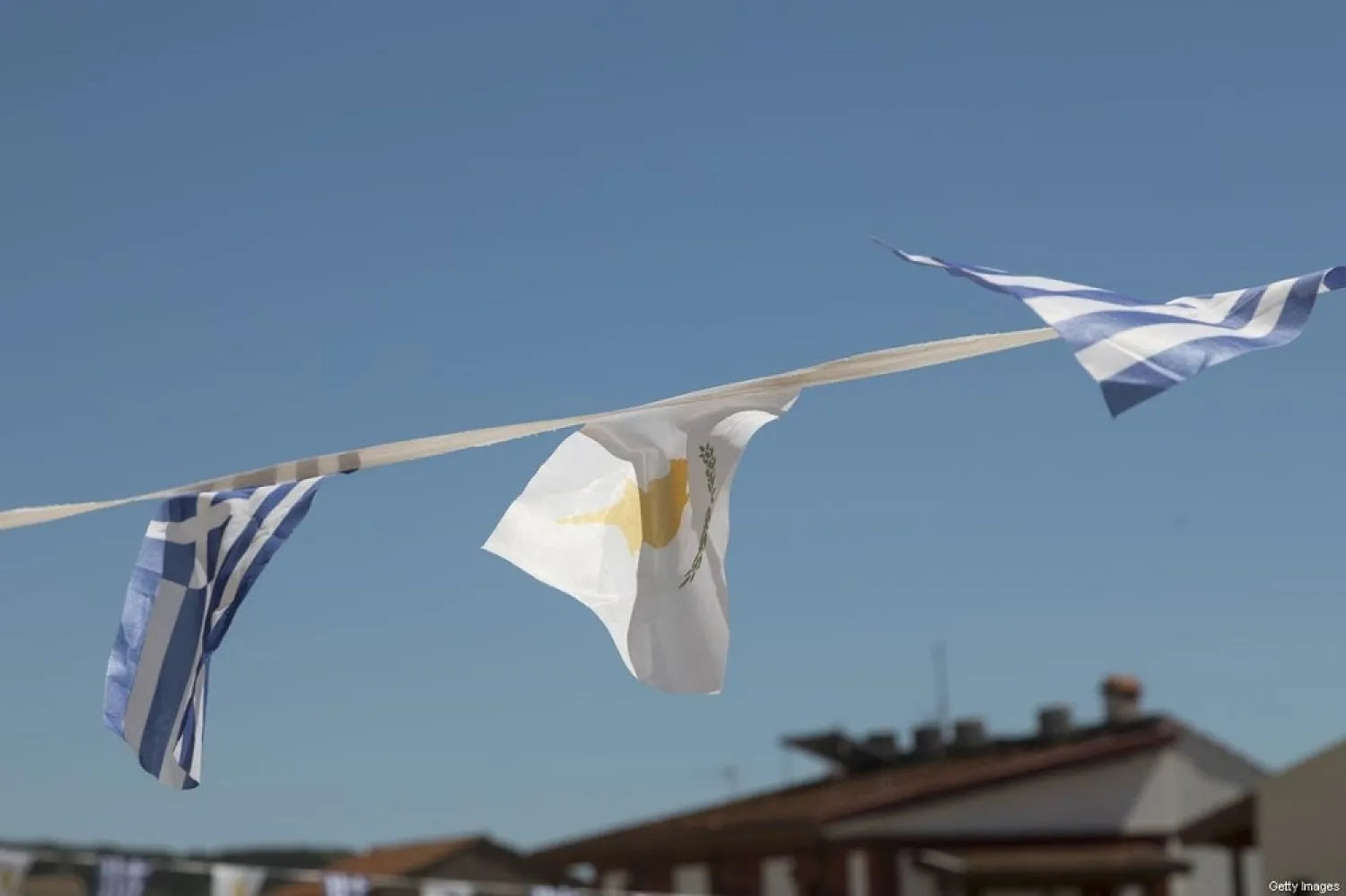The government of Cyprus said on Monday it would revoke the passports from Turkish Cypriot officials in the breakaway state in the northern part of the island.
A number of Turkish Cypriot officials, including incumbent leader Ersin Tatar, are known to hold or held passports of the Republic of Cyprus, even though they administer the Turkish Cypriot state.
The east Mediterranean island was split in a Turkish invasion in 1974 after a brief Greek-inspired coup. North Cyprus is recognized only by Turkey, while the Republic of Cyprus, run by Greek Cypriots, is internationally recognized.
The present Cypriot administration, which made billions selling passports to thousands ranging from Russian oligarchs and a Malaysian fugitive to well-connected Cambodians, said the actions of the Turkish Cypriots undermined the integrity of Cyprus.
Reunification attempts have repeatedly failed, and relations are at a new low in a dispute over offshore energy reserves, a Turkish Cypriot demand that peace talks be placed on a new footing, and Turkish moves to open part of a fenced-in city abandoned by its residents in the 1974 war.
Cyprus would revoke, fail to renew or refuse to issue passports to individuals who participated in the “pseudo state’s cabinet”, or were involved in attempts to reopen Varosha, government spokesman Marios Pelekanos said.
“With their acts and deeds they undermine the sovereignty, independence, territorial integrity and security of the Republic of Cyprus, in violation of the Constitution,” Pelekanos said.
Turkish Cypriot authorities in July announced a partial reopening of the beach suburb of Varosha for potential resettlement, but it brought a strong rebuke from Greek Cypriots who regard it as a land-grab.
The area has been a Turkish military zone with no settlement permitted for decades.
Local media have reported that Tatar, a strong proponent of Turkish Cypriot independence, obtained a Cypriot passport in 2000. Tatar is the son of a prominent technocrat who acted as an adviser in talks leading to the establishment of the Republic of Cyprus in 1960 after independence from Britain.









